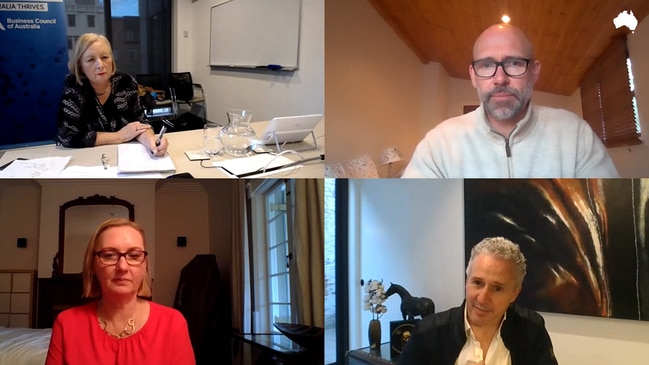
Telstra’s Melbourne-based chief executive Andy Penn had outlined his five-point plan for improving the nation’s digital capacity when he shifted gears, responding to my question about how the pandemic was affecting the business leaders personally.
He talked about his eldest daughter. “My eldest daughter has been stood down twice now through this COVID period,” he said.
“She’s in hospitality working with a group in Melbourne which was setting up a new restaurant.
“She got stood down very early, got re-employed three or four weeks ago and has been stood down again.”
As Penn explained, Telstra has high-level plans in place to deal with crises that arise each year, including bushfires, cyclones and floods.
But as he said, this crisis is different. It’s personal.
“It’s the first time in my career that I’ve been involved in a crisis where we are living in it at the same time as we’re responding to it,” he said. “Telstra has very good crisis management capability because we get bushfires or cyclones or floods every year.
“But this one is really personal because you’re in it.”
Penn also warned of the need for attention to the mental health aspects of the crisis as people of all ages get stood down or lose their jobs altogether, through no fault of their own.
If there was one overwhelming theme in the roundtable discussion between four chief executives — Penn, Wesfarmers chief executive Rob Scott, Coca-Cola Amatil chief executive Alison Watkins and Mirvac chief executive Susan Lloyd-Hurwitz — and Business Council president Tim Reed, it was the overriding challenge facing government, business and community leaders in working together to save and create as many jobs as possible as Australia makes its way through one of the worst crises it has faced in its peacetime history.
Interestingly, during the one-hour discussion, there was not one attempt to make any political capital or score any points against political leaders handling the crisis, including Victorian Premier Dan Andrews.
Overwhelming message
If anything, there was an overwhelming message of the importance of the continuation of the Team Australia approach — high-level co-operation between the federal and state governments, business, the unions and other community stakeholders.
How long this can last, of course, is not clear.
The soft soap “we’re all in this together” refrain is already sounding a little cloying.
But the comments made in an hour’s intense discussion by the five business leaders were all focused on ways to save jobs — government stimulus and short-term measures in next week’s economic statement, the October budget and other suggested changes and policy initiatives across the country needed to cope with the pandemic.
No one was prepared to chance their arm and predict how bad the unemployment problem would get.
Having business leaders predicting depression-era unemployment levels — or even levels of the early nineties — is not good for public morale, whatever they may think personally.
Will there be jobs by Christmas?
But as Reed said, whatever the actual number: “There are too many people who will be without a job at Christmas this year.
“Focusing on that is the number one challenge.”
Reed estimates that Australia will need to create two million jobs over the next two or three years to offset the job losses from the pandemic.
As he points out, it took Australia 10 years in the past, during much stronger economic times, to create this many jobs.
It’s a daunting challenge, particularly when no one knows how long the pandemic will last — or whether it will get a lot worse with the increasingly worrying news emerging from Victoria. What is heartening is the fact that Australia does have senior business leaders who are prepared to put in their time, effort and best ideas forward with a view to shepherding the country through the crisis.
The BCA has set up 14 separate working groups to oversee different areas and sectors to work on ideas to reduce the impact of the pandemic and help save jobs.
The groups are feeding into different arms of government, including directly into the relevant state and federal government departments as well as the National COVID-19 Co-ordination Commission headed by former Fortescue chief executive Nev Power.
Calls for government policy changes
It’s not a process aimed at producing glossy reports, but one aimed at feeding in practical ideas to government, including ideas and calls for government policy changes.
The pandemic is creating horror challenges for governments around the world.
Australia’s ability to get through the crisis as best it can with the least possible economic and social scarring will depend on the quality of the leaders who are prepared to step up during the crisis.
There will be opportunities from the crisis — including potentially a more flexible approach to combining work and family and a more digitally enabled economy.
But the immediate challenge is to save lives and save jobs.
Business leaders are not medical experts, but they can make a difference in cushioning the impact of the pandemic and trying to reshape an economy that can cope with the pandemic and keep as many jobs as possible.
There is a big difference between this crisis and others for the business community and business leaders.
This time it’s personal.


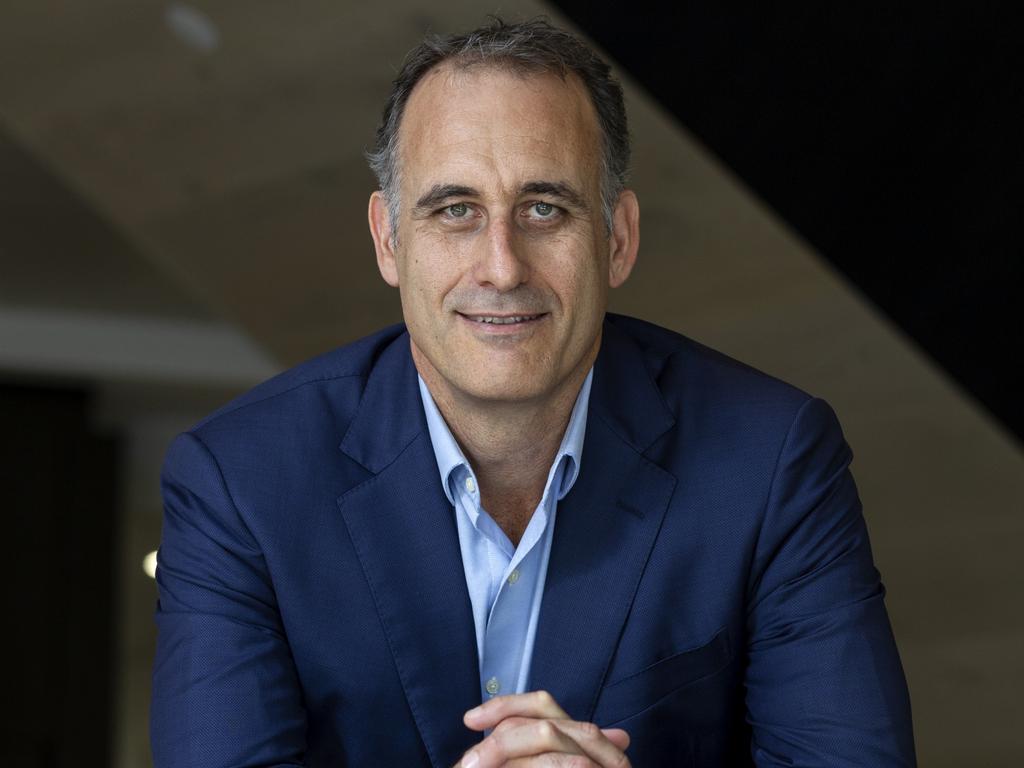
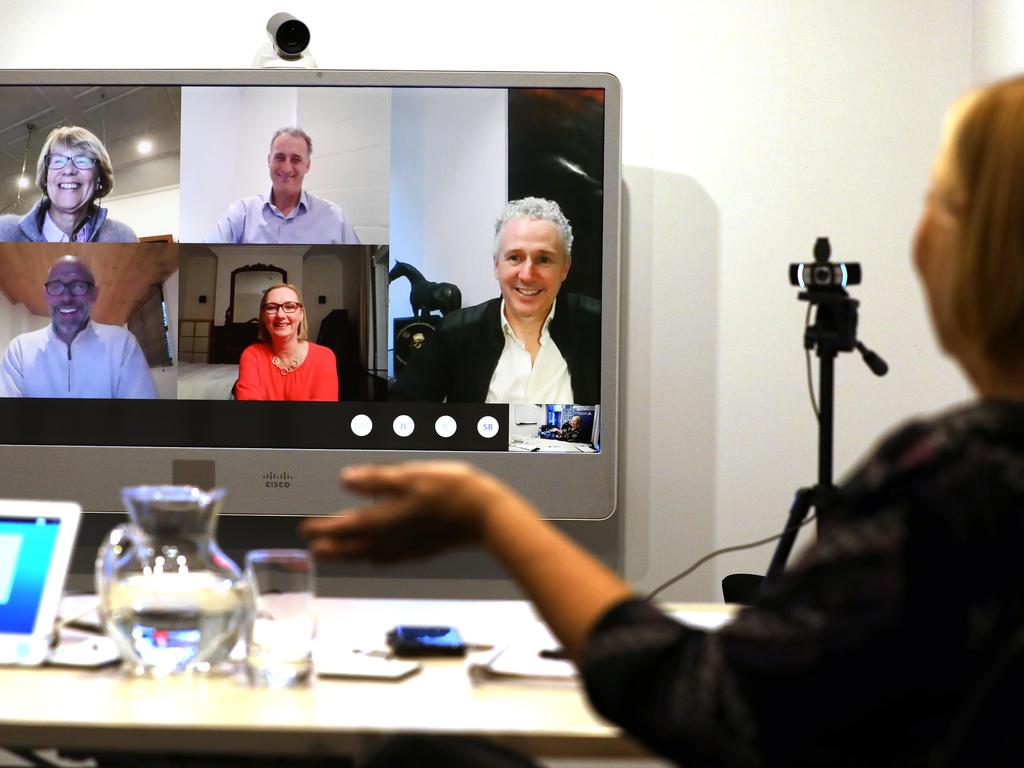
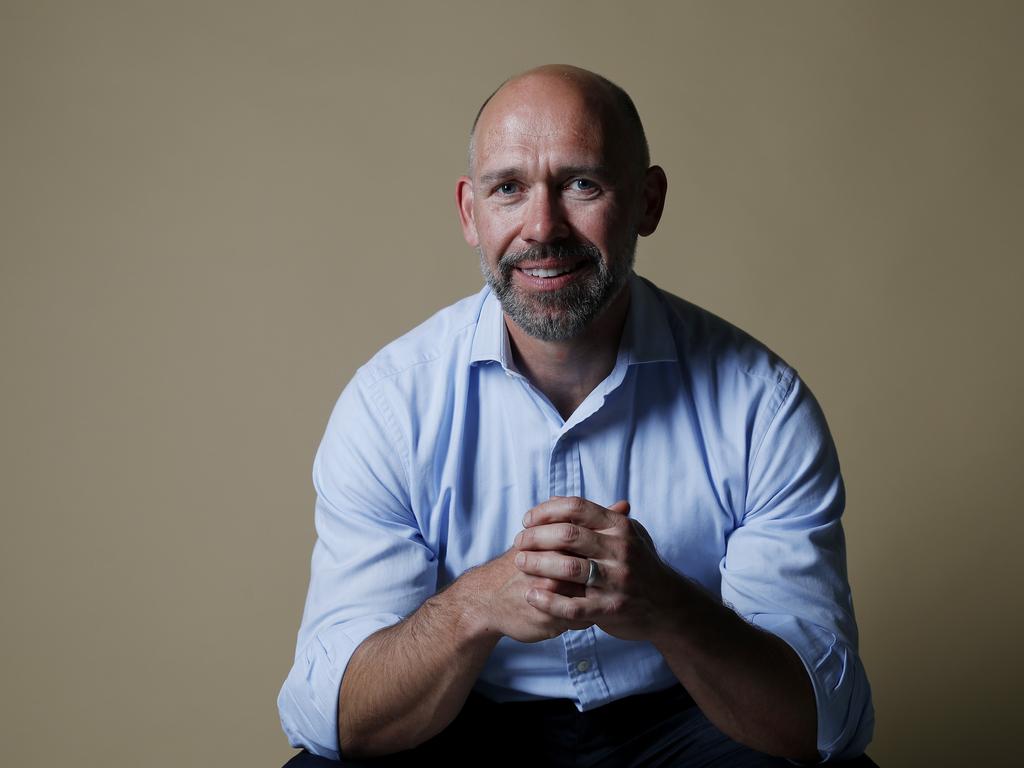

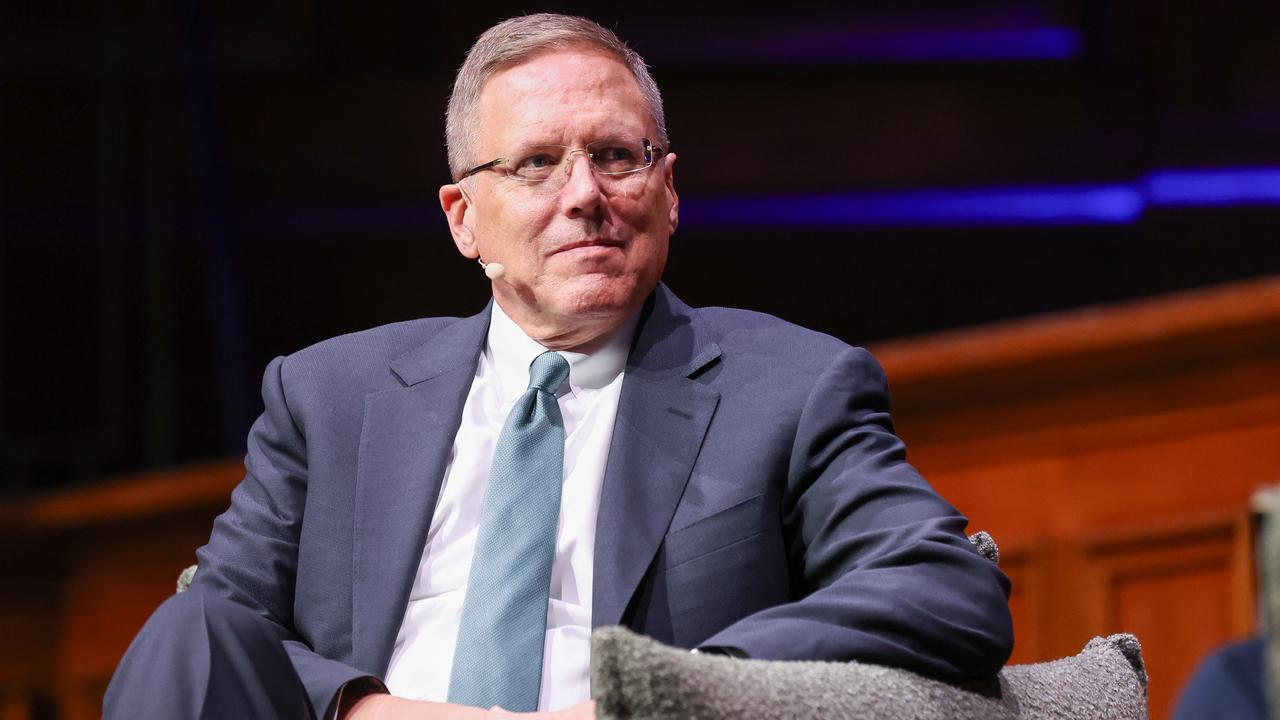

There was a moment in the video call last week between The Australian and senior members of the Business Council of Australia discussing what needed to be done to help Australia through the COVID-19 economic crisis when things got personal.